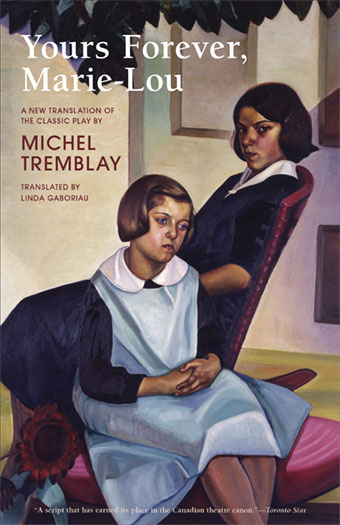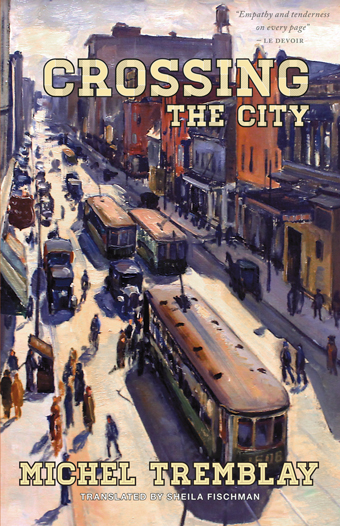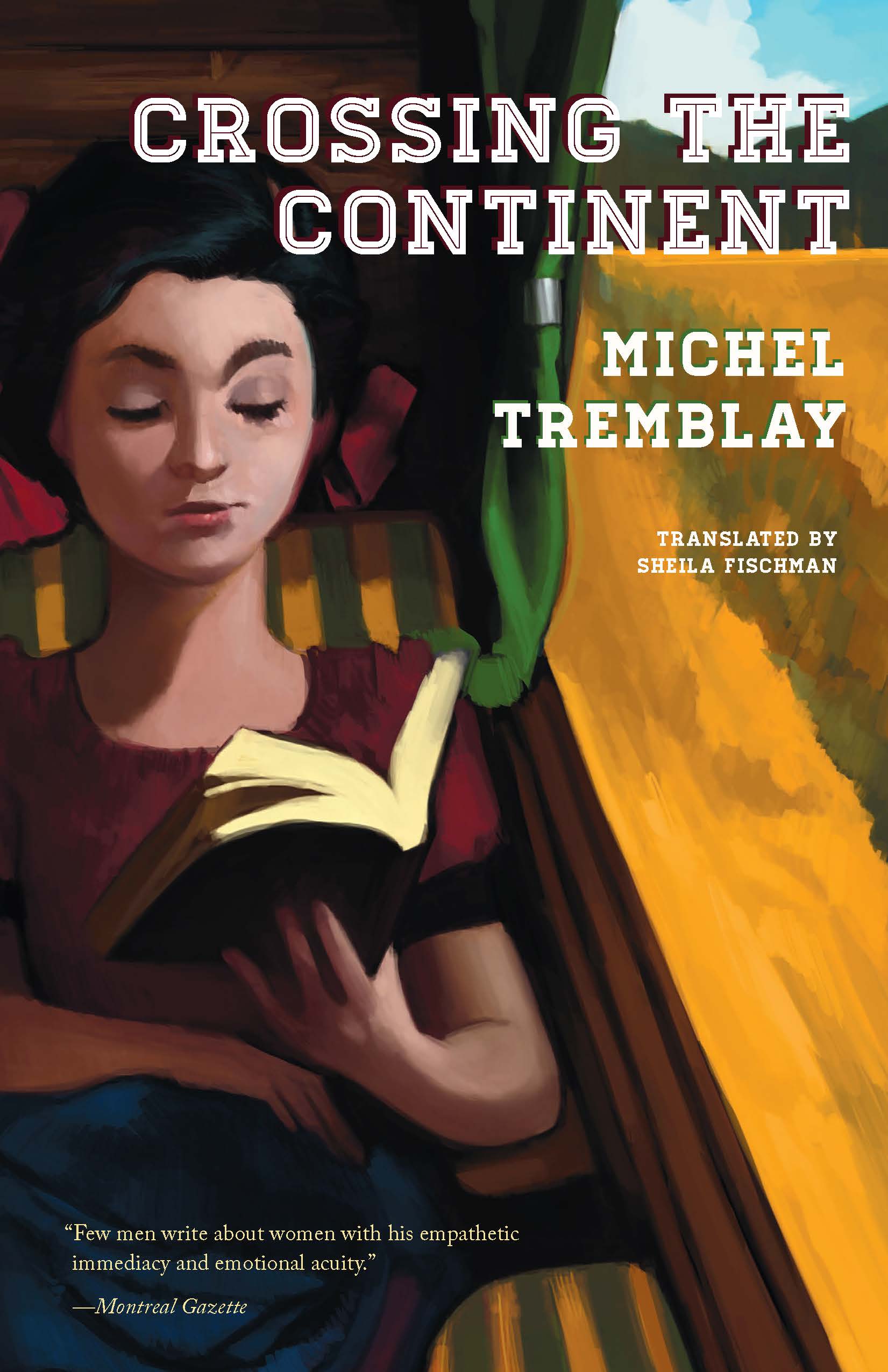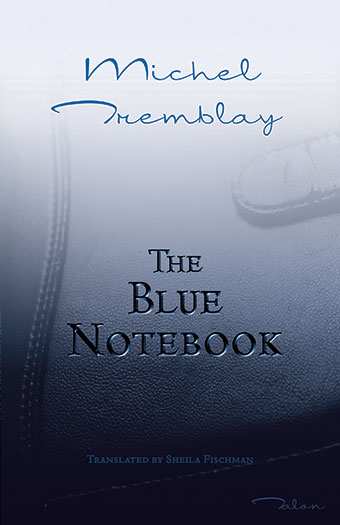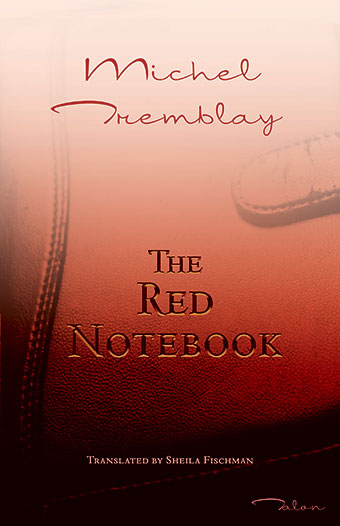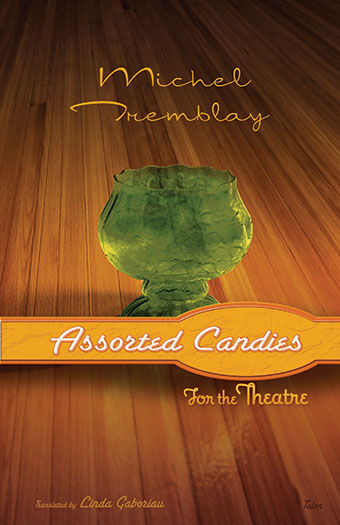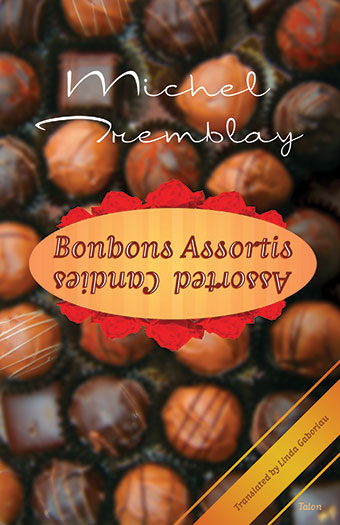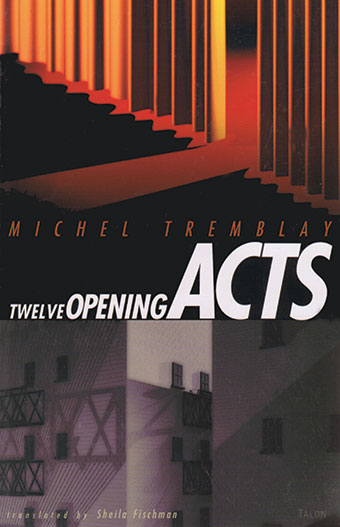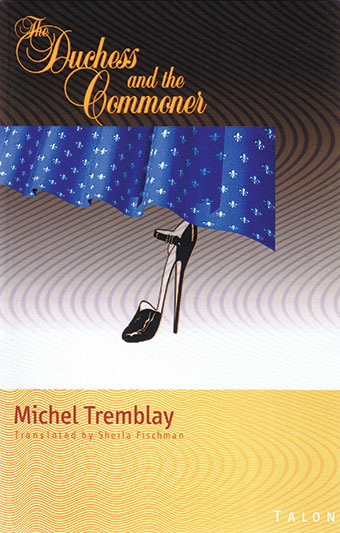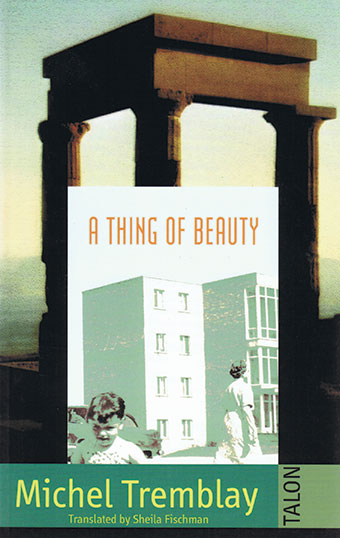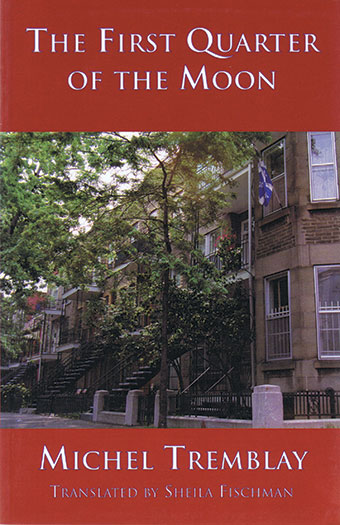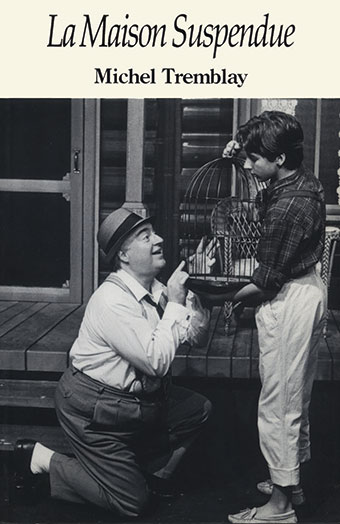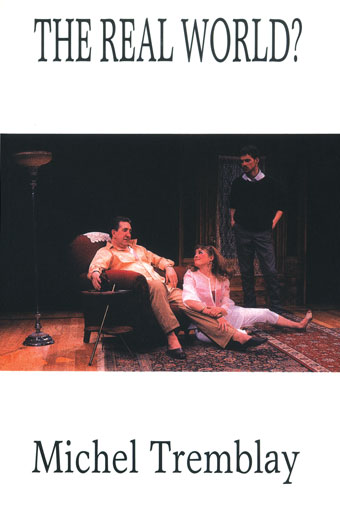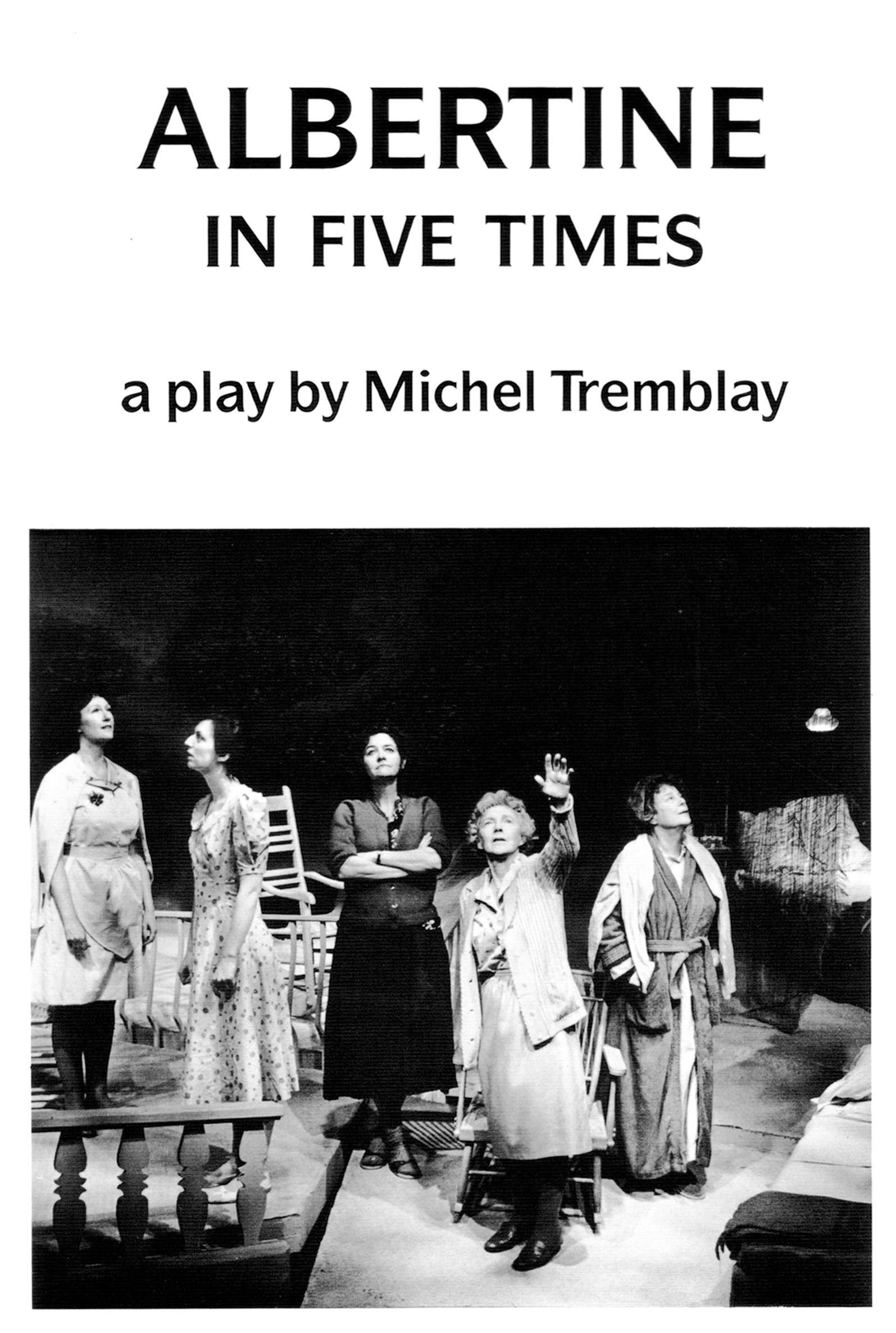Paperback / softback
ISBN:
9780889223028
Pages: 112
Pub. Date:
January 1 1992
Dimensions: 9" x 6" x 0.375"
Rights: Available: WORLD
Categories
Non-Fiction / HIS006090
- DRAMA / Canadian
- FICTION / World Literature / Canada / 20th Century
- HISTORY / Canada / Provincial, Territorial & Local / Quebec (QC)
Shop local bookstores
Germaine Lauzon has won a million trading stamps from a department store. Her head swimming with dreams of refurbishing and redecorating her working-class home from top to bottom with catalogue selections ranging from new kitchen appliances to “real Chinese paintings on velvet,” she invites fourteen of her friends and relatives in the neighbourhood over to help her paste the stamps into booklets.
Raucous, reckless and rude, the women shamelessly share their most secret hopes and fears, complain stridently about their friends and relatives, fantasize wistfully about escaping the misogynist drudgery of their lives and surreptitiously tuck most of the stamps into their purses and clothing, self-righteously appropriating what they consider to be Germaine’s “illegitimate” good fortune.
While earlier attempts had been made to stage the realities of Québécois life using colloquial language and a realist backdrop of working-class Montréal, these populist hits were considered rustic and anomalous, while “real” (Parisian) French continued to dominate theatre and “high culture” until the end of the 1950s.
As Québec searched for a new socio-political identity and a language that could articulate its rapidly emerging post-colonial reality throughout the “quiet revolution,” Michel Tremblay struggled to find an authentic Québécois voice. Written in 1965, it took three years for him get a first production of Les Belles Soeurs in 1968. Premiering at the Théâtre du Rideau-Vert in the same year that René Lévesque founded the nationalist Parti Québécois, this first of what was to become more than a dozen plays in Tremblay’s Cycle of Les Belles Soeurs became an overnight success. In one fell stroke, Joual, the distinctive Québec vernacular that had evolved over centuries since the end of French colonial rule had been legitimized, and Michel Tremblay, much like Chaucer in English and Dante in Italian, had become “the father of the Québécois language.”







